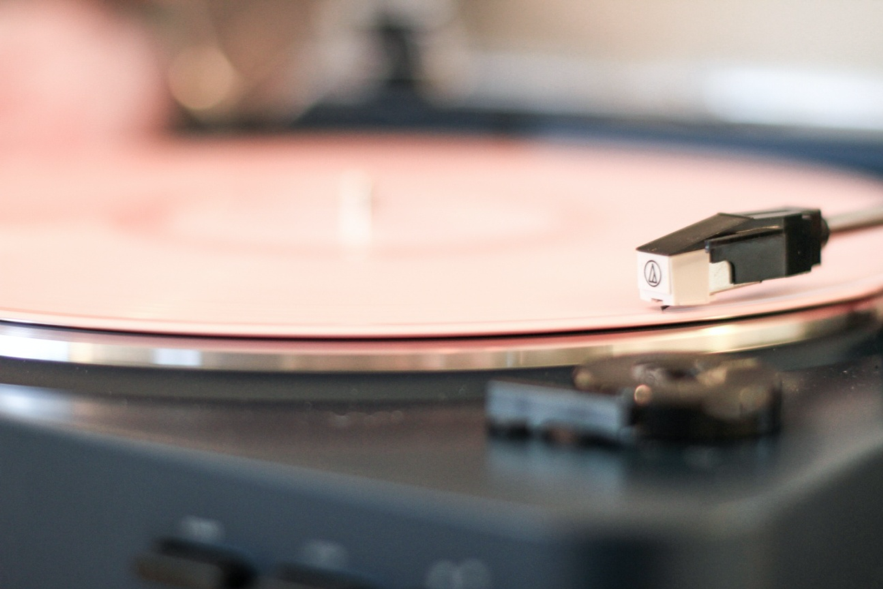Tinnitus Sound Therapy involves using external sounds to control Tinnitus for short or long periods of time. Before we guide you further on Tinnitus Sound Therapy, we need to explain to you what Tinnitus is and why it happens.
What Is Tinnitus?
A person with Tinnitus may hear hissing sounds or normal sounds excessively loudly. The cause of the condition can be a disease, injury, or ear blockage. When you hear ringing, clicking, or hammering in one or both ears without an external source, you are suffering from Tinnitus. The sounds you hear can be loud, high-pitched, and steady, or they can come and go continuously depending upon the cause.
Tinnitus may occur due to many reasons, and it is essential to know the cause before you go for any treatment. In most cases, resolving the cause can cure Tinnitus. You can find below some common causes of Tinnitus
- Ear infections
- Ear blockage
- Temporomandibular joint (TMJ) disorder
- Head or neck injury
- Eustachian tube problems
- Rare diseases
Tinnitus Sound Therapy
People use Tinnitus Sound therapy or acoustic therapy as a distraction, which helps them avoid this condition. The treatment does not cure Tinnitus, but it can make the constant annoying sound unnoticeable.
In some cases, treating the main cause of ringing sounds can take time, or it can even be uncurable. The continuous clicking or ringing noise can cause anxiety, depression, lack of sleep, or irritation, etc. Therefore, doctors recommend Tinnitus sound therapy along with proper medications and treatments. Here is how Tinnitus sound therapy can help you.
- When you use a masking device for Tinnitus, it covers up irritating sounds.
- Distracting your mind can help you shift your focus away from the ringing sounds.
- The theory behind Neuromodulation is that a particular part of your brain is performing excessive activities that are leading to Tinnitus. With background music, you can modify the pattern of those activities.
- When you hear a noise continuously, your brain considers it essential. By listening to the sounds used in sound therapy, you can drown out the ringing sounds.
How Tinnitus Sound Therapy Works
Tinnitus sound theory takes advantage of the process of habituation. Your brain focuses on Tinnitus sounds because it considers them essential. By reclassifying these unwanted sounds as unimportant, you can avoid this noise.
Sound therapy helps in forgetting this internal noise. For instance, when you wear glasses, nerve endings in your nose will indicate your brain that there is something on your nose. After a while, you forget about the presence of the glasses. Your mind considers this continuous feeling unnecessary and diverts your attention from it.
The method works as you start listening to specific neutral and relaxing sounds in the background the whole day, even when you are sleeping. These sounds can include the sound of rain falling, wind blowing, or white noise. After the constant playing of the resonance, your mind will associate the Tinnitus sound with it and consider it unnecessary. Your brain will shift this sound from conscious to the unconscious region, relieving you from Tinnitus.
Types of Sounds
The devices used in this treatment produce different kinds of sounds. As per the doctor’s suggestion, choose the music that you think can best help you treat your condition.
- Broadband noise is just like radio static. A sound with different colors and frequencies can help you ignore Tinnitus clattering. Examples of broadband noise include pink noise, brown noise, white noise, etc.
- Music can be helpful for some people in relaxing and distracting Tinnitus sounds. Instrumental music on a moderate tempo is effective sound therapy.
- Notched Sounds can be customized to match your symptoms of Tinnitus.
- Modulated tones with soft pulsing sound can also control Tinnitus.
Devices for Sound Therapy
The following tools are helpful when you are using sounds to distract your brain from Tinnitus:
- Environmental Sounds
- MP3 or Radio
- A Smartphone application
- Internet (Playing sounds on speakers or headphones
- Sound generators on a table or bedside
- Wearable sound generators
- Hearing Aid
Conclusion
Tinnitus Sound Therapy is beneficial in some cases, but it does not work if you have this condition due to some of the side effects of medication, a rare disease, head injury, etc. You should visit a Tinnitus specialist before trying any treatment on your own. Any delays in treating and not identifying the cause can lead to undesirable consequences.
If you are looking for a Tinnitus treatment specialist, you should contact us at (646) 213-2321 or schedule an online session. Our specialist, Stephen Katz, can help you get rid of Tinnitus.



[…] is sound therapy, which involves masking and reducing the impact or awareness of tinnitus noises. Sound therapy introduces patients to various ear-related devices, such as hearing aids, white noise-reducing […]
[…] This treatment consists of using calming sounds like musical notes or a flowing stream. These sounds block the unpleasant sounds and feel of tinnitus. You will have a small radio or device near you […]
[…] treatment options available for tinnitus, including sound therapy, medication, and dietary changes. Sound therapy involves the use of background noise to mask the sound of tinnitus, while medication can help […]
[…] nature sounds. The goal is to provide a distraction from the tinnitus and promote relaxation. Some sound therapy techniques also involve retraining the brain to focus on external sounds rather than the internal tinnitus […]